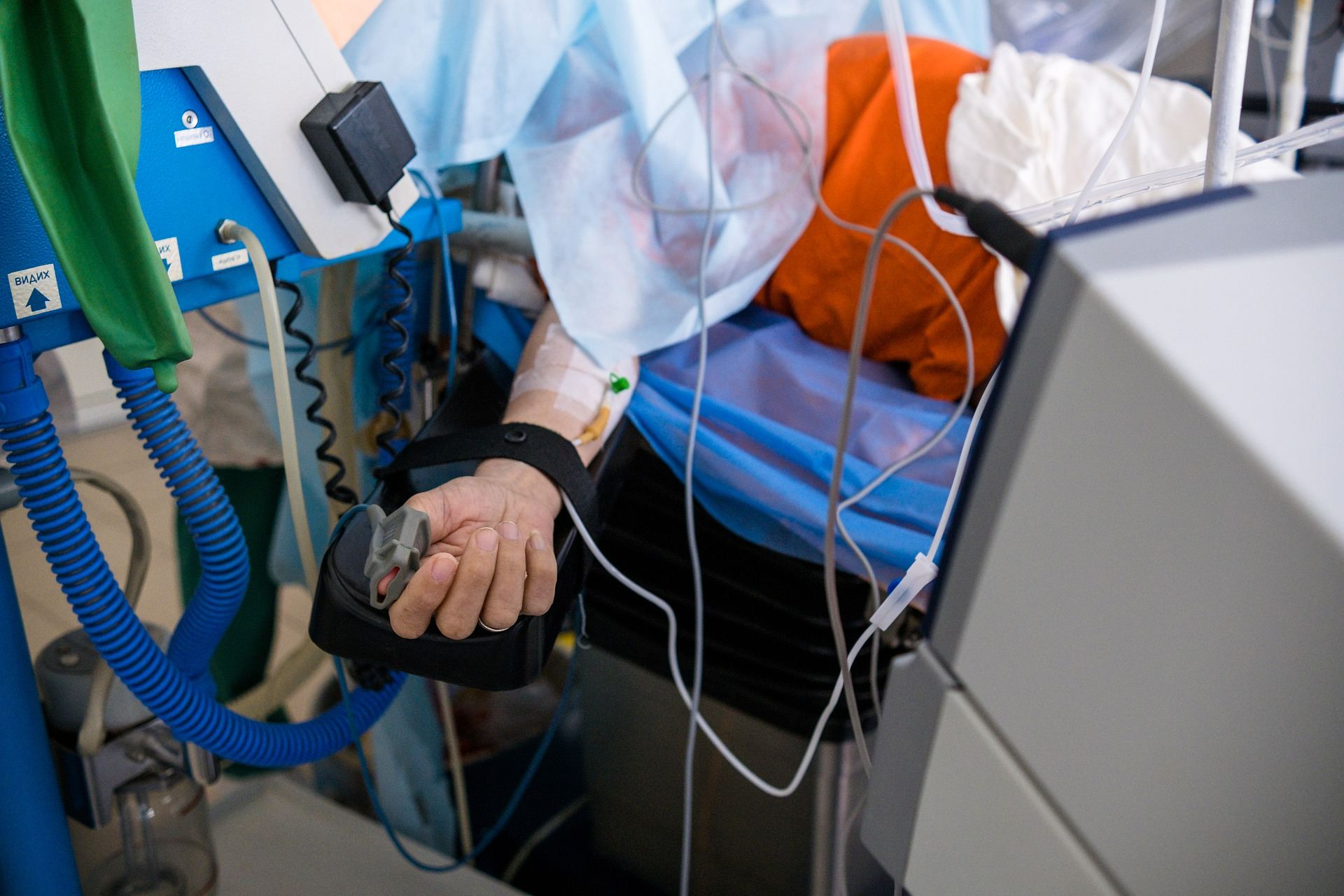As of Monday December 27th, 215,703 people received a booster or third dose, and 56.9% of people in the UK aged 12 and over have now received their booster jab. ITV News highlighted that PM Boris Johnson, scrapped his original goal of vaccinating all adults with a booster jab by the end of January after a massive increase of Omicron cases in the UK.
After Boris Johnson visited a vaccination centre in Milton Keynes, he discovered “up to 90% of those in intensive care had not had their third Covid jabs,” urging people to get their booster as soon as possible so that they can enjoy New Year’s celebrations, whilst taking ‘extra precautions’ such as “ventilation and testing,” reported The Guardian. Unfortunately, “if you’re not vaccinated, you’re eight times more likely to get into hospital altogether, with the NHS asking people to have a “jabby new year”, referring to research from The Intensive Care National Audit and Research Centre, who found that at the start of last month about “three out of five patients in London’s ICU had not had a jab”, with the figure on the rise.

A few days before Christmas, in the midst of families planning to meet up on Christmas day, Boris Johnson urged people to “test themselves before meeting relatives for Christmas.” This news came after a feeling of relief for the UK, when the PM announced that there would be no further Covid restrictions. Although he did go on to say that he couldn’t rule out “further measures,” if the numbers worsen, The Times wrote.
Thousands of lateral flow tests were used in the UK on Christmas Day, but many didn’t realise the lack of effectiveness if the test is taken too long before attending a social event. Liverpool Echo interviewed Professor Irene Petersen, a professor of epidemiology at University College London who spoke about how those infected with Omicron “may switch from being non-infectious to infectious within hours,” she also added “we’re seeing so many examples now where people have taken a test a day before and then when they take one the day after, they are positive.” This is why people are advised to take a lateral flow test as close to the event as possible.

I spoke to 20-year-old student Elliot Rosevear from Truro, Cornwall about his experience with the booster jab. Due to his age, he has only recently been able to book and have his jab administered; however, he didn’t find the process overly simple, and had to book it twice after he “turned up for the first vaccination and the clinic had failed to inform me it was closed.” Although Elliot agreed that the booster is needed to help protect family and friends, he admitted that initially he was dismissive, as the UK was told “two vaccines each and we could have our freedom back again and no longer have to worry about restrictions,” as opposed to the government now telling the public a third dose is vital.
After already suffering with Covid-19 in the past, Elliot feels as though he has “some sort of immunity,” to the virus and it is “more beneficial,” in making him feel more comfortable against “the threat of being infected again.” This being said, he does add that the vaccines have helped in making him feel safer and give that extra bit of protection.

Information from Huffington Post, depicts that depending on which vaccine you were administered first and second, depends on whether you will feel ‘more noticeable side effects.’ It seems to be, that those receiving a Pfizer jab after getting AstraZeneca for the first two doses is where this is proving to be most prominent.
Those people who were given AstraZeneca followed by Pfizer, “around 78% had fatigue compared to the 53% who had two Pfizer jabs. 65% suffered from headaches after mixed vaccines, compared to 42% of those who had the same vaccines.” The Moderna booster jab, is also being administered rapidly, with Moderna releasing some information about how well it works. Stéphane Bancel, the Chief Executive Officer of Moderna released a statement, “The dramatic increase in COVID-19 cases from the Omicron variant is concerning to all. However, this data showing that the currently authorized Moderna COVID-19 booster can boost neutralizing antibody levels 37-fold higher than pre-boost levels are reassuring.” This jab is reaching even higher levels than the Pfizer top up jab, with early studies finding that the Pfizer booster lifts antibody levels “25 fold against omicron,” figures slightly lower than Moderna, wrote The Telegraph.
53-year-old Lucy Ashford from Saltash Cornwall, was offered her booster jab at the beginning of December, only a few months after the first load of boosters were offered to the public. Lucy was given the Pfizer booster, which had very little side effects, as opposed to her first two vaccines where she was given Astra Zeneca, which caused “headache and flu type symptoms for 24 hours.” Due to the amount of people getting badly ill from coronavirus and many even dying from it, Lucy felt no hesitation when it came to booking her jabs and booster.
Lucy’s thoughtful approach to the transmission of the virus meant that she “didn’t hesitate for a second,” when she had the opportunity to get her booster. She considered the fact that she could transmit Covid to someone more vulnerable than herself, knowing that she would feel “really guilty,” and feels proud to be part of a country where everyone is “doing their bit.”
Retrieving up to date data from ITV news, as of Sunday January 2nd, “106,665 people received a booster or third dose, bringing the total to 34,205,427 people.” The increasing daily amount of people having their booster jab, and the fairly minimal side effects, means that more and more people are happy to book their booster jabs, in order to help everything gradually get back to normal.
This being said, the worry of more restrictions being imposed is something that is frequently discussed. The number of hospitalisations and deaths are what affects this decision, but for now, Boris Johnson’s plan for vaccinations to help stop any more restrictions, seems to be working.
References:
(2021, December 28). Covid booster vaccine tracker: How many people have been vaccinated in the UK? ITV News.
Mason, R. (2021, December 29). Up to 90% of Covid patients in ICU are unboosted, says Boris Johnson. The Guardian.
https://www.theguardian.com/world/2021/dec/29/up-90-covid-patients-icu-unboosted-boris-johnson
Smyth, C. (2021, December 21). Take a Covid test to see family at Christmas, says Boris Johnson. The Times.
Lally, K. (2021, December 22). Best time to take lateral flow tests ahead of meeting family this Christmas. Liverpool Echo.
https://www.liverpoolecho.co.uk/news/uk-world-news/best-time-take-lateral-flow-22543973
Groves, N. (2021, November 18). Here’s What We Know About Covid Booster Jab Side Effects. Huffington Post.
https://www.huffingtonpost.co.uk/entry/covid-booster-jab-side-effects_uk_619620b1e4b025be1ad71edf
(2021, December 20). MODERNA ANNOUNCES PRELIMINARY BOOSTER DATA AND UPDATES STRATEGY TO ADDRESS OMICRON VARIANT.
Newey, S. (2021, December 20). ‘Reassuring’: Moderna booster jab triggers strong response against omicron. The Telegraph.
(2022, January 3). Covid booster vaccine tracker: How many people have been vaccinated in the UK? ITV News.
